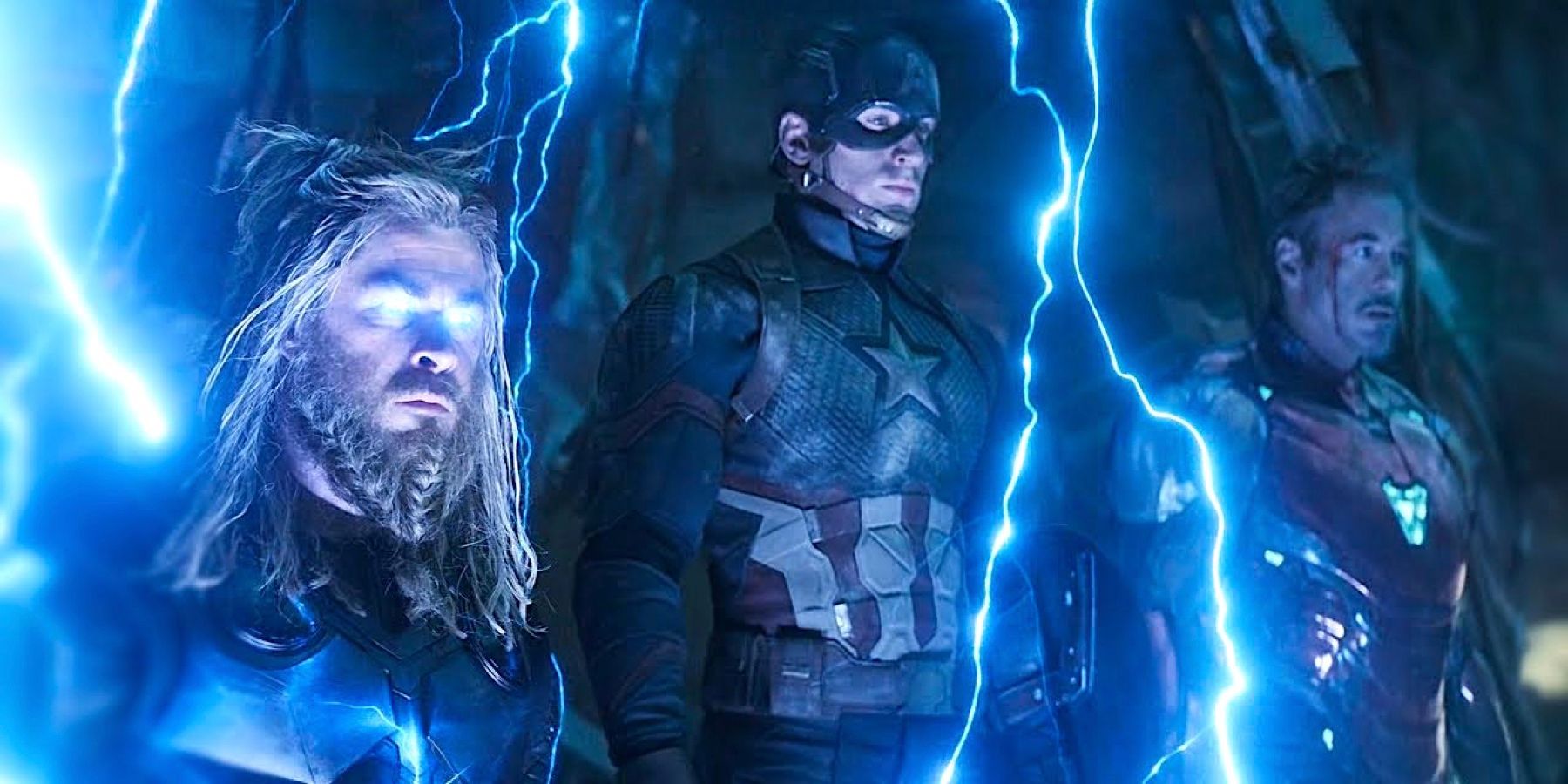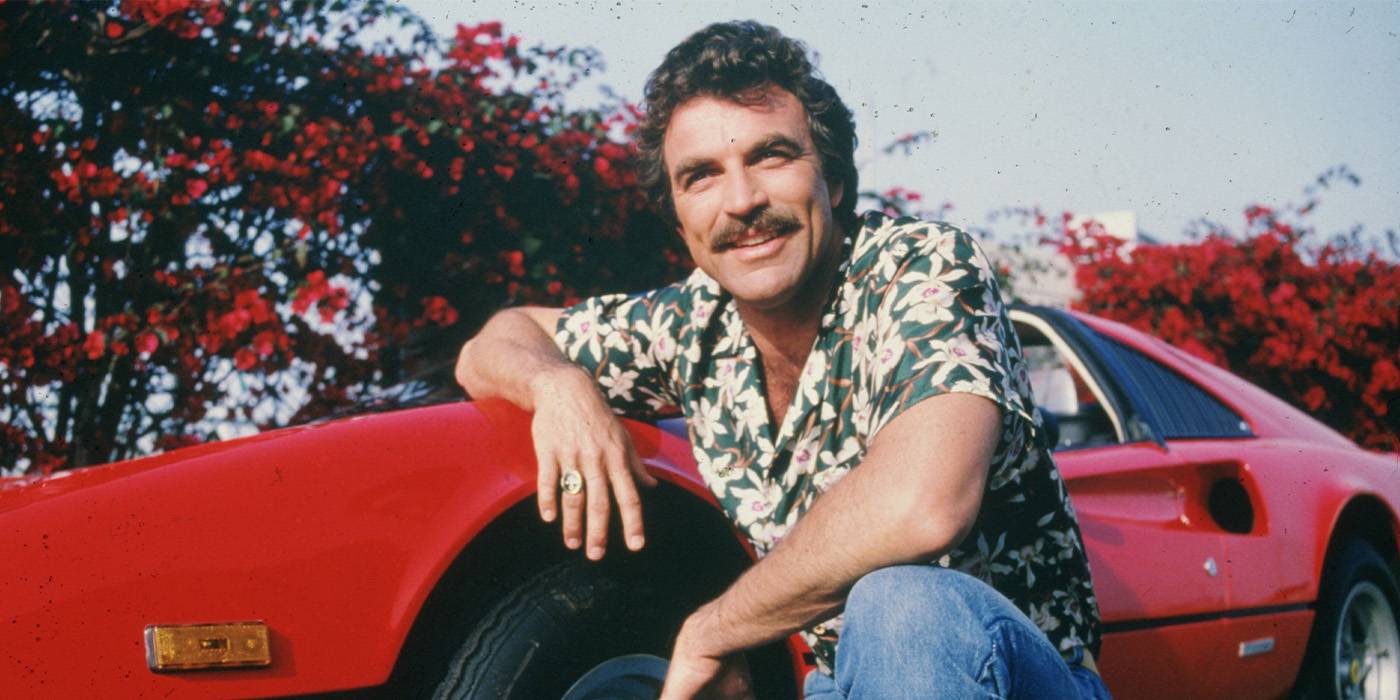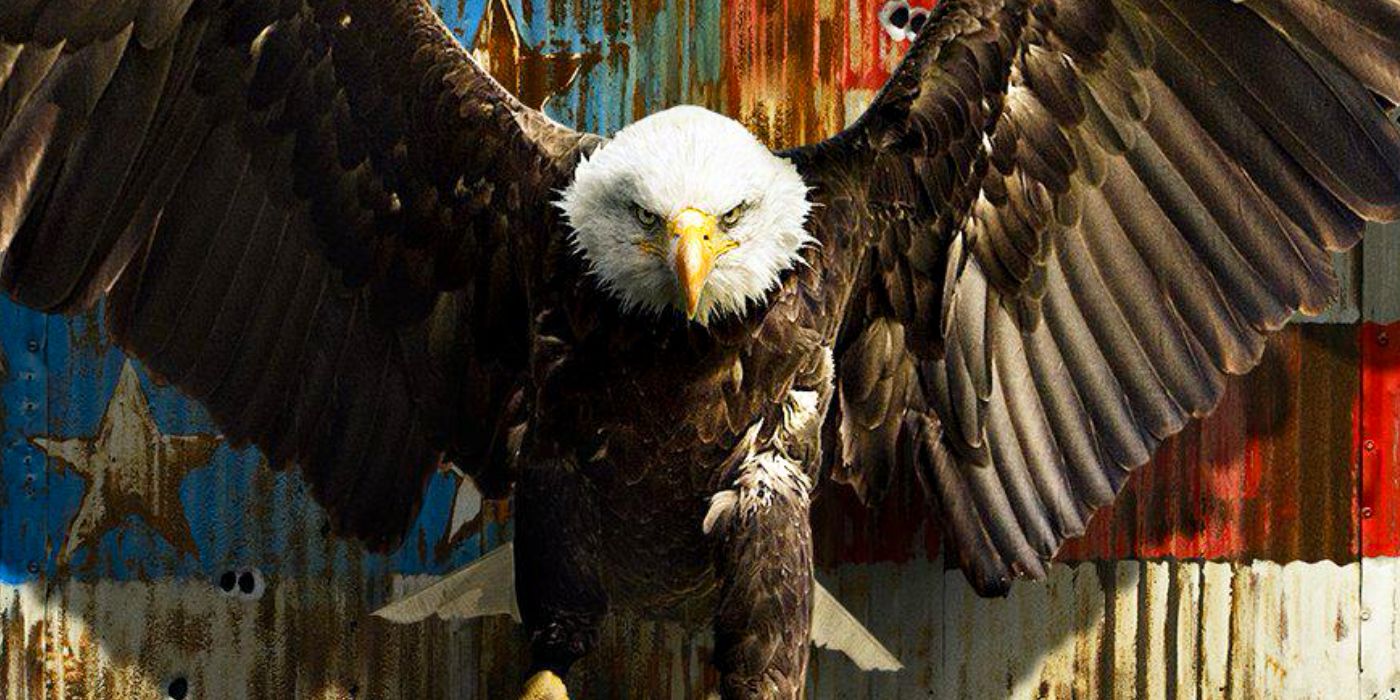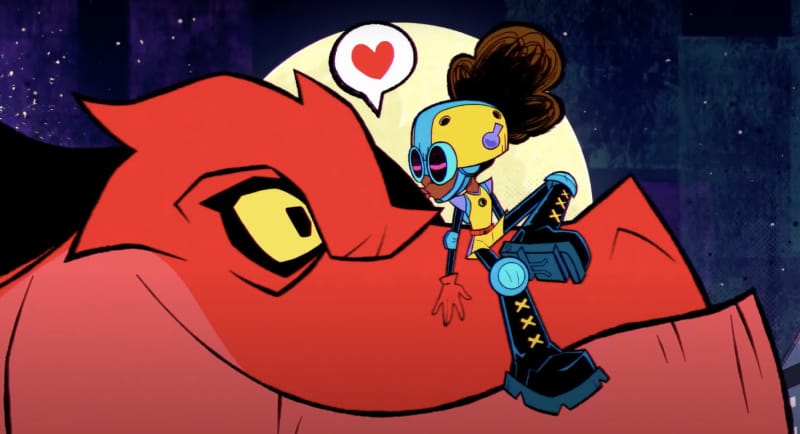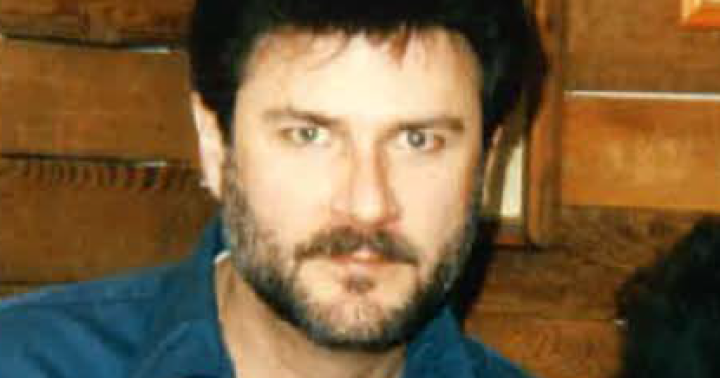I remember watching Avengers: Endgame on its opening night and being blown away. It wasn’t just the sheer scale that Joe and Anthony Russo brought to the screen, but it was also the way that Endgame paid off a decade’s worth of character journeys built across multiple films. Whatever one can say about the films that followed Avengers: Endgame, or Marvel Studios’ attempts to try and recapture that glory by bringing the Russos back for Avengers: Doomsday and Avengers: Secret Wars, its success cannot be overlooked. Avengers: Endgame cracked a staggering $1.2 billion worldwide during its opening weekend, and it would continue to break records during its release. In fact, to truly gauge Avengers: Endgame‘s success, you’d have to look at another major Marvel blockbuster: Deadpool & Wolverine.
Much like Avengers: Endgame, Deadpool & Wolverine broke a few records of its own, becoming the highest-grossing R-rated film in history and one of 2024’s biggest films in general. Yet that’s only roughly half of what Avengers: Endgame pulled in during its theatrical run, which is staggering when you think about it. But I also feel like people are forgetting the circumstances surrounding Avengers: Endgame‘s release, and why it was so successful… not to mention why such a feat would be extremely hard to repeat even with Avengers: Doomsday and Avengers: Secret Wars on the horizon.
‘Avengers: Endgame’ Was a True Cinematic Event
A major factor in Avengers: Endgame‘s titanic success was its buildup: not only did it cap off a decade’s worth of films from Marvel Studios, but it would also be following up the earth-shattering conclusion of Avengers: Infinity War. I was in the theater for Avengers: Infinity War, and I can tell you there were a number of reactions running through the theater when Thanos (Josh Brolin) snapped his fingers and wiped away half the universe. There were gasps, cries of outrage, even tears — but it was pretty clear everyone was super invested in what came next, especially when the end credits teased the arrival of Brie Larson‘s Captain Marvel. In fact, when I went to go see Avengers: Endgame there were a lot of the same people who were in the theater after I saw Avengers: Endgame.
I also remember the marketing for Avengers: Endgame playing up the mystery factor, and how that kept fans engaged. The wait for the first official trailer was a lengthy one, especially considering the fact that the film didn’t reveal its official title until the very end of said trailer. But it worked, and the trailer’s somber tone highlighted how Avengers: Endgame would tackle themes of sacrifice and loss. In the leadup to its release, official posts from Marvel Studios’ social media featured a letter from the Russos, which made a simple request of fans: “Don’t Spoil The Endgame.” In addition to that, most of the marketing material only contained footage from the first fifteen minutes of the movie, meaning that viewers were in for a shock when Thor (Chris Hemsworth) decapitates Thanos or when time leaps forward five years. Other MCU movies, including Deadpool & Wolverine, have hidden major surprises in their marketing, but not to the extent of Avengers: Endgame.
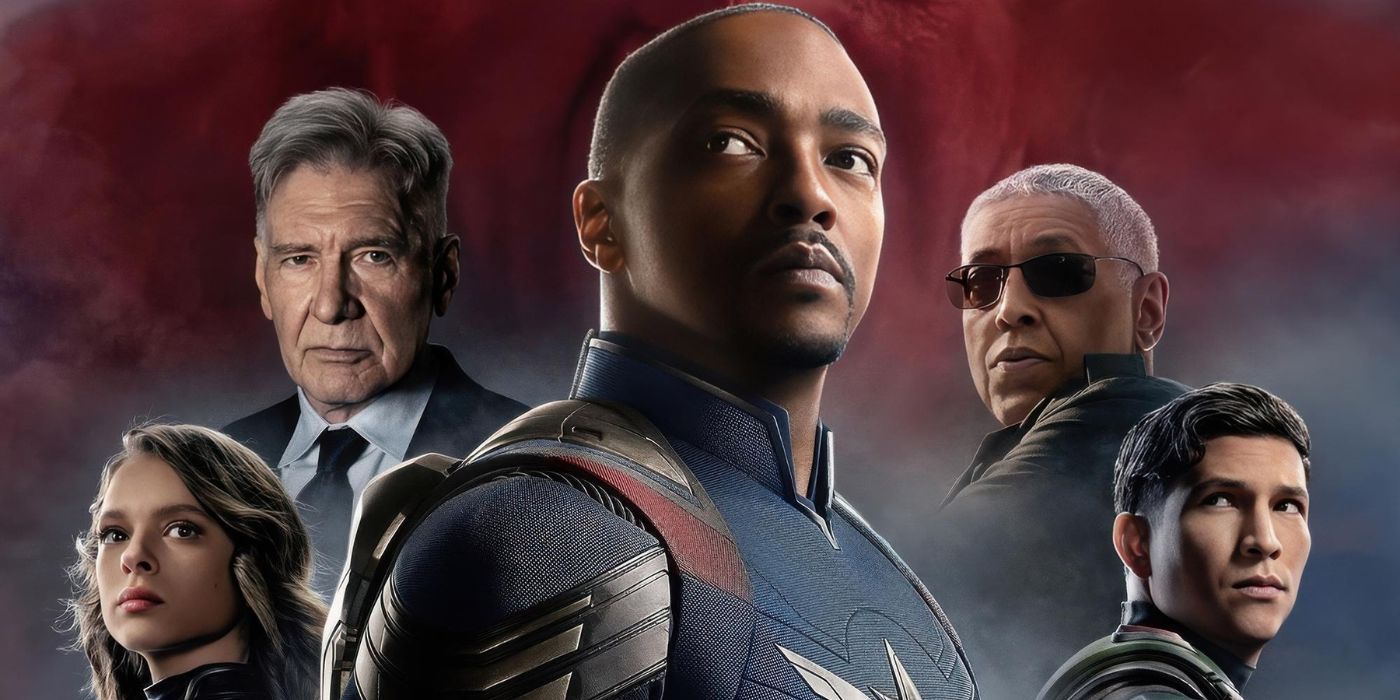
Related
How Does ‘Captain America: Brave New World’ Set Up the Future of Captain America and the MCU?
Sam Wilson has some assembling to do.
When ‘Avengers: Endgame’ Was Released, It Was A Different Movie Landscape
I think there’s another reason for Avengers: Endgame‘s massive success that people have forgotten about; it released in 2019, which is arguably the height of the superhero genre. In the same year, DC would have its own Endgame-level event with the Crisis on Infinite Earths crossover spanning the CW’s superhero shows, and The Boys made its grand debut, skyrockteing in popularity due to the way it skewered superheroes. Even San Diego Comic-Con, one of the biggest pop culture events on the planet, had a focus around Avengers: Endgame in 2019. In addition to Marvel Studios’ Hall H panel (which I managed to get into), the Russo Brothers and screenwriters Christopher Markus and Stephen McFeely both held their own seperate panels in Hall H, while Marvel also kicked off the “We Love You 3000” Tour to celebrate with fans. While Deadpool & Wolverine had a similar approach at last year’s SDCC, including an entire screening in Hall H, it couldn’t quite match the energy that permeated San Diego in 2019.
Deadpool & Wolverine also made its debut in a landscape that was affected by two major events: the COVID-19 pandemic in 2020, which led to a shuttering of theaters and a pivot to streaming, and the 2023 SAG-AFTRA/WGA strikes, where production halted while actors and writers fought for better conditions. No matter how much the film industry wants to pretend those events where a minor speedbump, they ended up affecting production of films — not to mention audiences’ viewing habits. Deadpool & Wolverine did have the major draw of Hugh Jackman and Ryan Reynolds, not to mention it was a known quantity, so its success was unsurprising. But it couldn’t match the power of Avengers: Endgame; in all, Endgame made $2.7 billion at the box office, while Deadpool & Wolverine made $1.3 billion globally. Frankly, it’s hard to imagine another film having the kind of impact Endgame had.
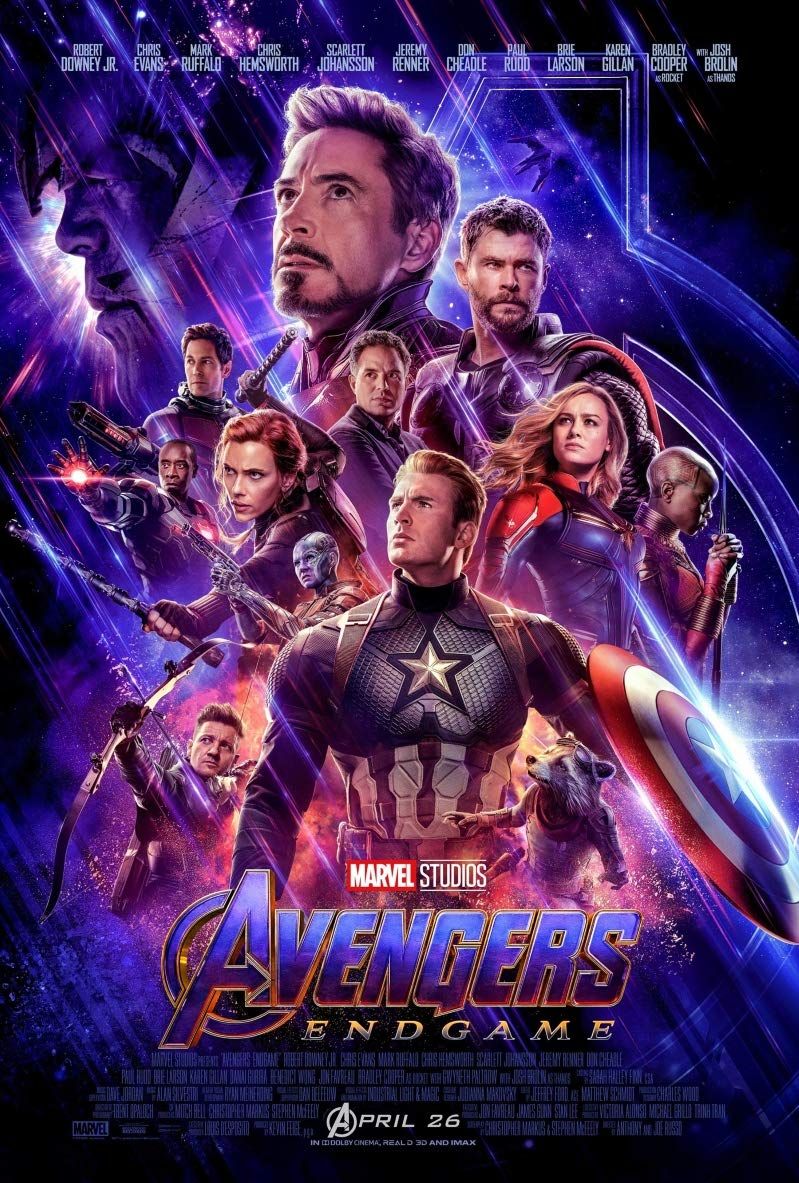
Avengers: Endgame
- Runtime
-
182 Minutes
- Writers
-
Stephen McFeely, Christopher Markus

